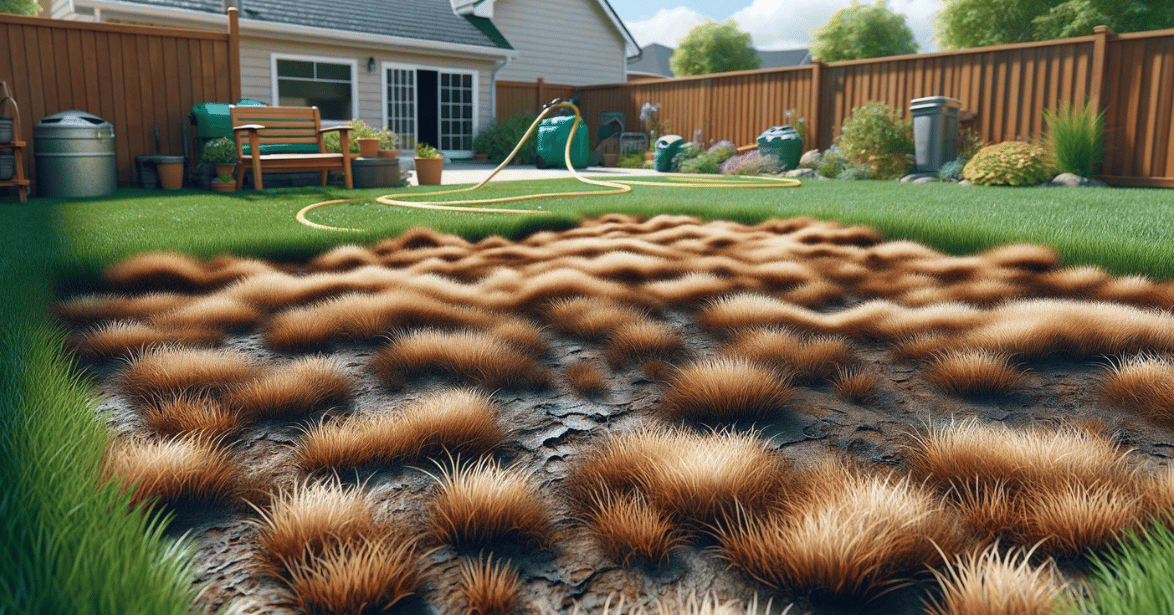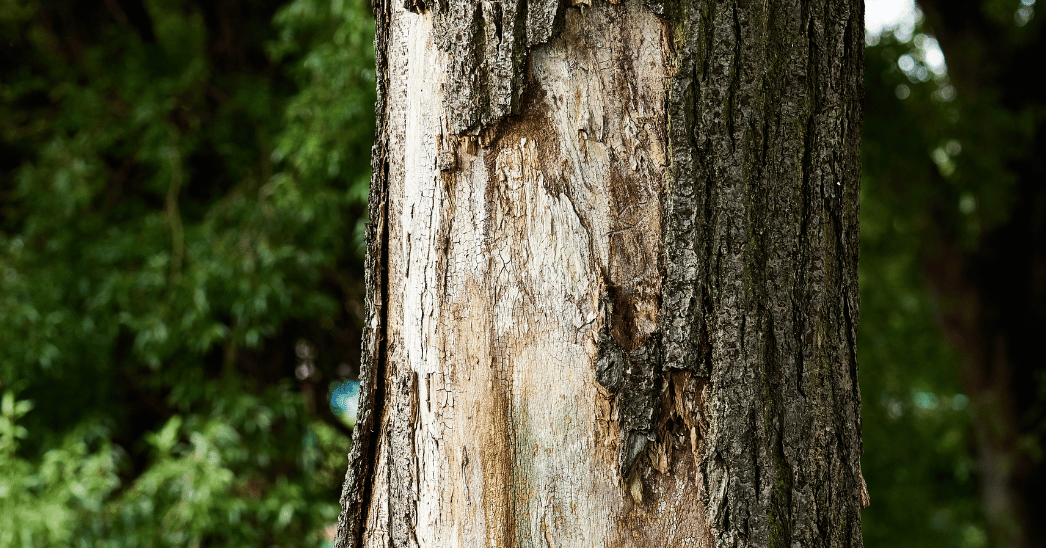Forsythia shrubs are known for their bright yellow flowers. They are among the first plants to bloom in early spring. If your forsythia isn’t blooming, it can be frustrating. Let’s explore why this might happen and how you can fix it.
Forsythia Plant Facts
Forsythia is a hardy shrub. It grows quickly and can tolerate a variety of soil types. These plants thrive in full sun but can grow in partial shade. They are deciduous, meaning they lose their leaves in the fall.
Key Features of Forsythia:
- Bright yellow flowers in early spring.
- Grows up to 8-10 feet tall.
- Can live for decades with proper care.
- Popular in hedges and as standalone shrubs.
Forsythia is easy to care for, but it needs the right conditions to thrive.
When Do Forsythia Bloom?
Forsythia blooms in late winter or early spring. The exact timing depends on your location. In warmer climates, they may bloom as early as February. In colder areas, blooming happens in March or April.
The flowers last for about 2-3 weeks. After the flowers fade, green leaves appear. If your forsythia isn’t blooming, you may need to check the plant’s health and environment.
Forsythia Blooming Issues
1. Pruning at the Wrong Time
Pruning is the most common reason for blooming problems. Forsythia blooms on old wood. This means the buds are formed the year before they bloom. If you prune in late summer or fall, you may cut off next year’s flowers.
Prune right after the plant finishes blooming. This allows the shrub to set new buds for the next year.
2. Lack of Sunlight
Forsythia needs at least six hours of sunlight each day. If the shrub is in too much shade, it won’t bloom well.
If possible, transplant the forsythia to a sunnier spot. If that’s not an option, trim nearby trees or bushes that block sunlight.
3. Harsh Winters
Severe cold can damage flower buds. If the plant faces extreme temperatures, the buds may die before they can bloom.
Cover the shrub with burlap in winter to protect it. This helps shield the buds from frost.
4. Poor Soil Conditions
Forsythia prefers well-drained soil. If the soil is too compacted or lacks nutrients, the plant may struggle.
Add compost or organic matter to improve the soil. Fertilize the shrub in early spring with a balanced fertilizer.
5. Age of the Plant
Old or overgrown forsythia may produce fewer flowers. Sometimes, the shrub becomes too dense, which affects blooming.
Rejuvenate the plant by cutting back one-third of the oldest branches each year. This encourages new growth and better flowering.
Forsythia Care Tips
To keep your forsythia healthy and blooming, follow these simple care tips:
- Sunlight: Ensure the shrub gets plenty of sunlight.
- Watering: Water deeply once a week during dry periods.
- Pruning: Trim immediately after flowering.
- Fertilizing: Use a general-purpose fertilizer in early spring.
- Mulching: Apply mulch around the base to retain moisture and prevent weeds.
Proper care ensures your forsythia remains vibrant year after year.
Forsythia Bird Benefits
Forsythia is not just for beauty. Birds love these shrubs too. The dense branches provide shelter and nesting spots. Forsythia also attracts insects, which are a food source for birds.
Planting forsythia in your yard can create a bird-friendly environment. It’s a win for both your garden and local wildlife.
Contact Strobert Tree Services
If your forsythia isn’t blooming or you need help with pruning, Strobert Tree Services can assist. Our certified arborists know how to care for shrubs and trees. We can evaluate your forsythia and recommend solutions.
Call us today for a free health assessment. Let us help your forsythia bloom beautifully next spring!











